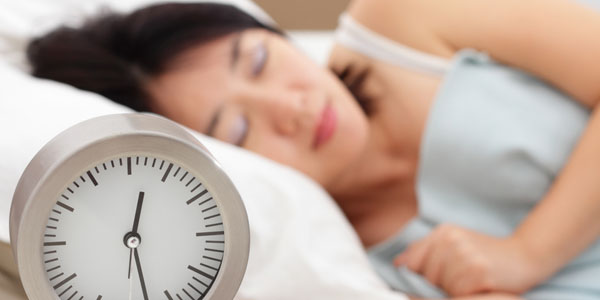Advertisement
Physical activity improves sleep
If going to sleep is the first, and only, thing on your agenda when you get home from a hard day at the office, think again. You may be better off if you get some exercise before you settle in for the night. Sometimes, when we most need it, sleep can be illusory. Many people struggle for … Continued

If going to sleep is the first, and only, thing on your agenda when you get home from a hard day at the office, think again. You may be better off if you get some exercise before you settle in for the night.
Sometimes, when we most need it, sleep can be illusory. Many people struggle for years to get a good night’s sleep, trying different pillows, new mattresses, herbal teas, sounds of nature, counting sheep, and any combination of wacky devices. They know that good sleep equates to good health.
Researchers have now shown that getting at least 150 minutes of physical activity per week, which is the national guideline, improves our ability to sleep. It also helps keep us more alert during the day.
A new study to be published in the December issue of the journal Mental Health and Physical Activity was able to show a direct link between regular physical activity and quality of sleep. It showed that mental alertness during the day was also improved.
They used a representative sample of more than 2,600 men and women, ages 18 to 85 and found, for those who were active at least 150 minutes per week, there was
- a 65 percent decrease in feelings of being sleepy during the day,
- a 68 percent reduced likelihood of having leg cramps while sleeping, and
- a 45 percent decrease in having difficulty concentrating when tired.
Good sleep = good health
Researchers have long known the health benefits of a good night’s rest. Sleeping helps the body maintain
- cardiovascular health,
- cognitive health,
- mental health,
- weight control,
- immune health, and
- blood sugar balance.
Establishing a regular pattern of exercise—150 minutes of moderate- to vigorous-intensity aerobic physical activity, in bouts of 10 minutes or more—per week can have you sleeping like a baby. You’ll also be less likely to fall asleep during long … interminably long … meetings—but no guarantees.





